Homeopathic Medicine For Warts
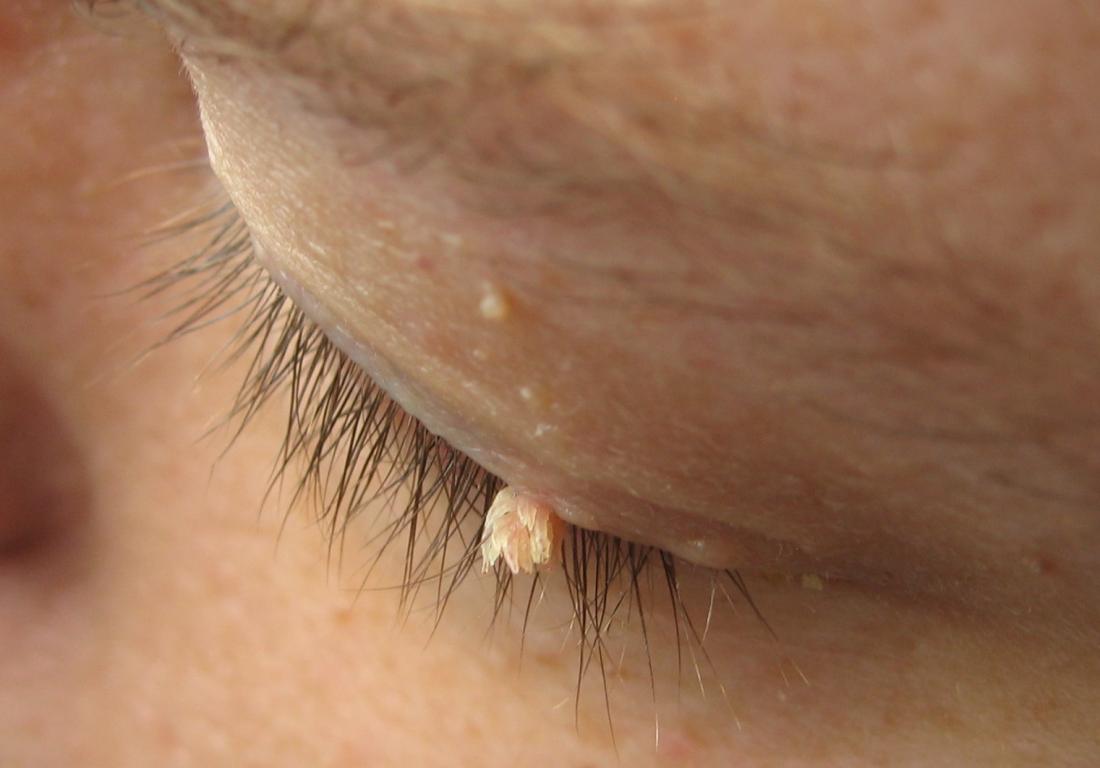 Warts are a common skin condition caused by the human papillomavirus (HPV). They are non-cancerous growths that can appear on various parts of the body, often on the hands and feet, but they can occur elsewhere as well. Warts are highly contagious and can be spread through direct skin-to-skin contact or by touching objects that have come into contact with the virus. There are several types of warts, including:
Warts are a common skin condition caused by the human papillomavirus (HPV). They are non-cancerous growths that can appear on various parts of the body, often on the hands and feet, but they can occur elsewhere as well. Warts are highly contagious and can be spread through direct skin-to-skin contact or by touching objects that have come into contact with the virus. There are several types of warts, including:
Common Warts (Verruca Vulgaris): These are typically found on the fingers, hands, and knees. They have a rough, raised surface and may have black dots, which are small blood vessels that have clotted.
Plantar Warts: These warts appear on the soles of the feet and can be painful due to the pressure from walking. They often appear flat with a thick callus over them.
Flat Warts (Verruca Plana): These warts are smaller and smoother than other types and are more common in children and young adults. They often appear on the face, arms, or legs.
Genital Warts: These are a sexually transmitted infection caused by specific strains of HPV. They appear on the genital and anal areas and can be associated with an increased risk of cervical cancer in women.
Homeopathic Medicine
1. Thuja Occidentalis
Cauliflower-Like Appearance: Warts that look like tiny cauliflowers or have a rough, uneven surface are associated with the use of Thuja.
Large or Fleshy Warts: Thuja is particularly useful for treating larger, more substantial warts. These warts can be moist and soft to the touch.
Bleeding Warts: Warts that tend to bleed easily when irritated or injured can respond well to Thuja.
Odorous Warts: If the wart emits a bad odor, especially when scratched or irritated.
Multiple Warts: Thuja is used when there are multiple warts in a clustered or grouped pattern.
Warts in Sensitive Areas: This remedy is considered for warts that develop in sensitive or delicate areas, such as the face or genitals.
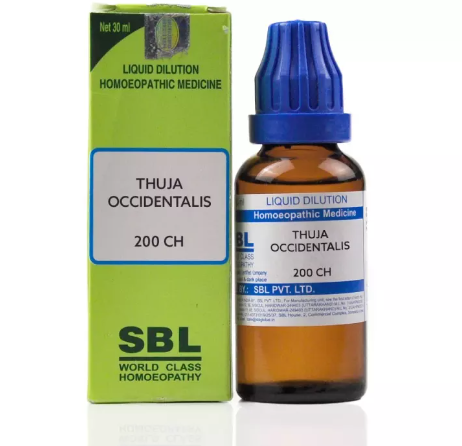
2. Antimonium Crudum
Hardness: Warts typically hard in nature.
Location: Warts found on the hands and fingers.
Sensitivity: Antimonium Crudum indicated for warts that are sensitive to touch or pressure.
Irritation: The presence of irritation, redness, or pain in the warts.
Change in color: The warts may exhibit a bluish or purplish tinge.
Worsening in damp weather: Warts that worsen or become more painful in damp, wet weather.
Aggravation in cold and wet conditions: The warts get worse in cold, wet environments.

3. Causticum
Hard and Flat Warts: Warts that are hard, flat, and dry.
Warts on the Face: Causticum is commonly used for warts that develop on the face, especially around the eyelids or lips.
Sensitive or Painful Warts: Warts are painful, sensitive, or sore to the touch.
Burning Sensation: Warts that have a burning sensation or feel as if they are on fire.
Tendency to Bleed: Warts that tend to bleed easily, especially when irritated or during washing.
Change in Weather: The symptoms may worsen with changes in the weather, particularly in cold, wet conditions.
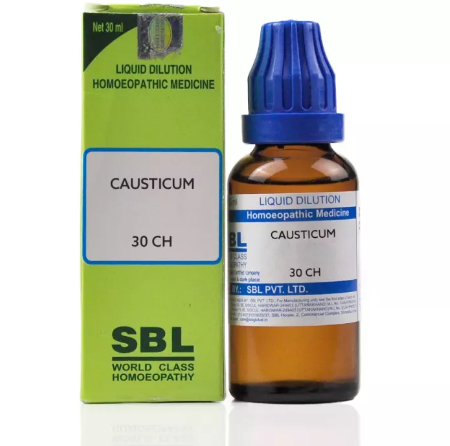
4. Dulcamara
Warts After Wet or Cold Exposure: Dulcamara is often used when warts appear or worsen after exposure to damp, cold weather or wet conditions.
Flat Warts: It is particularly suggested for flat warts, which are relatively smooth and tend to occur in clusters. These warts can be found on the face, hands, or other parts of the body.
Itching and Discomfort: Itching, cause discomfort, or be sensitive to touch.
Change in Weather: The symptoms or appearance of the warts may change with the weather, improving in warmer or drier conditions and worsening in cold or damp weather.
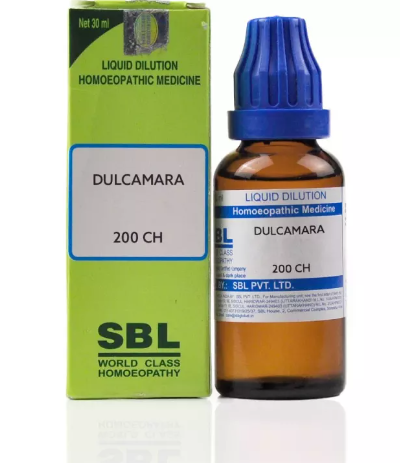
5. Nitricum Acidum
Painful Warts: Warts that are painful, especially when touched or pressed. The pain may be sharp, stinging, or sore.
Bleeding Warts: Warts that easily bleed or ooze blood are a significant indication for this remedy. The bleeding is often bright red.
Moist or Fleshy Warts: Warts that are moist, soft, and fleshy in texture. They can have a raw or granulated appearance.
Genital Warts: Nitricum acidum is commonly recommended for genital warts, particularly when they are painful and prone to bleeding. These warts can be found in the genital area, perianal region, or around the anus.
Aggravation in Damp Weather: Experience a worsening of their wart symptoms in damp, rainy, or cold weather.
Irritability and Anxiety: Emotional symptoms such as irritability, restlessness, and anxiety.
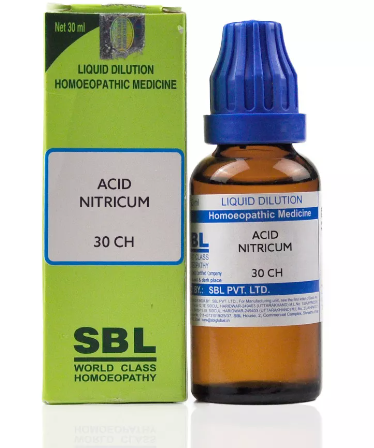
6. Calcarea Carbonica
Obesity: Calcarea carbonica is often recommended for individuals who are overweight or have a tendency to gain weight easily. Warts in such individuals may be associated with this propensity for weight gain.
Excessive Perspiration: People who require Calcarea carbonica may sweat excessively, particularly on the head and the back of the neck.
Sluggish and Tired: Individuals who need this remedy may feel sluggish, tired, and fatigued, especially in the morning. They may experience weakness and a lack of energy.
Cold Sensitivity: A strong sensitivity to cold temperatures, including a tendency to catch cold easily, can be indicative of the need for Calcarea carbonica.
Tendency to Develop Warts: These individuals may have a history of developing warts, particularly on the face, neck, or scalp.
Fear or Anxiety: Anxiety and a sense of insecurity can be associated with this remedy. Calcarea carbonica is often recommended for individuals who are anxious or fearful about their health or other aspects of life.
Warts on Scalp and Face: Calcarea carbonica is frequently used for warts that appear on the scalp, face, or neck. These warts may be hard, elevated, or cauliflower-like in appearance.
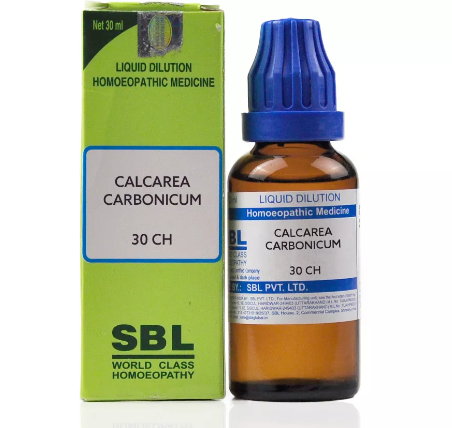
7. Mezereum
Pain and Sensitivity: Warts that are extremely painful, especially when touched or pressure is applied. The pain may be described as burning, shooting, or stinging.
Itching: Warts that are intensely itchy, causing the person to scratch or rub the affected area.
Bleeding Warts: If the warts tend to bleed easily, particularly after any minor trauma or friction.
Oozing and Moist Warts: Warts that exude moisture or a watery, offensive discharge. These warts may appear wet or have a crusty, sticky surface.
Location: Warts on various parts of the body, including the face, neck, scalp, genitals, or other areas.
Aggravation in Cold and Wet Weather: Aggravation of wart symptoms in cold, damp, or wet weather conditions.
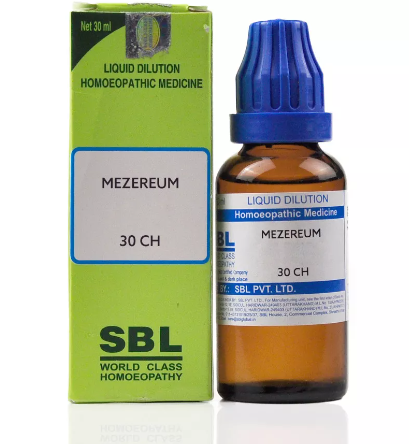
8. Ruta Graveolens
Warts on Palms and Soles: Warts that appear on the palms of the hands and the soles of the feet.
Painful Warts: Warts that are painful, especially when pressure is applied or when walking. The pain is described as a bruised or sore feeling.
Soreness and Tenderness: Warts that are particularly sore, tender, and sensitive to touch.
Burning Sensation: Burning sensation associated with the warts.
Itching: Warts are itchy.
Hard, Horny Warts: Warts that are hard, horny, and have a rough or uneven surface.
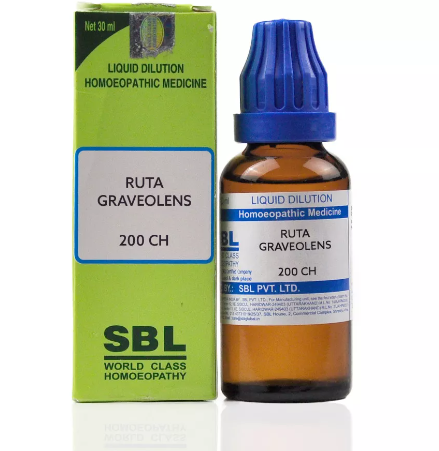
9. Silicea
Hardness: Warts that are hard and stubborn. These warts may feel like they have a dense, callous-like texture.
Pointed or Thorny Warts: Silicea is well-suited for warts with sharp, pointed, or thorny projections. These warts may be painful, especially when pressure is applied to them.
Pain: The pain can be a shooting or stitching pain, and it worsen when touched or pressed.
Sensitivity to Cold: Sensitivity to cold air and cold environments. This sensitivity to cold may extend to the warts themselves.
Slow Healing or Suppuration: Warts that are slow to heal or that have a tendency to produce pus. The warts discharge a yellowish, offensive-smelling pus.
Recurrence: Warts that tend to recur even after conventional treatment. It’s especially useful when the warts have been removed but keep coming back.
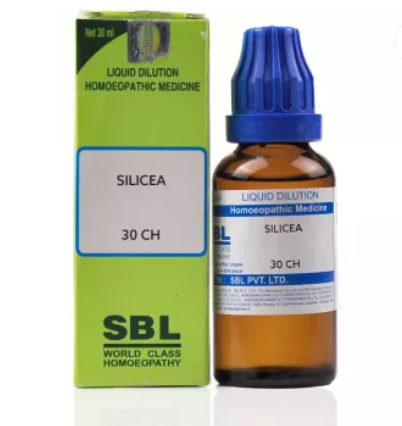
10. Medorrhinum
Genital Warts: Medorrhinum is primarily considered for genital warts, especially in men.
Large or Cauliflower-like Warts: Warts that are large, fleshy, or have a cauliflower-like appearance.
Tendency to Bleed: Warts tend to bleed easily.
Itching and Burning Sensation: Warts accompanied by a sensation of itching, burning, or discomfort.
Sensitivity to Touch: Warts that are sensitive to touch or pressure can be an additional characteristic.
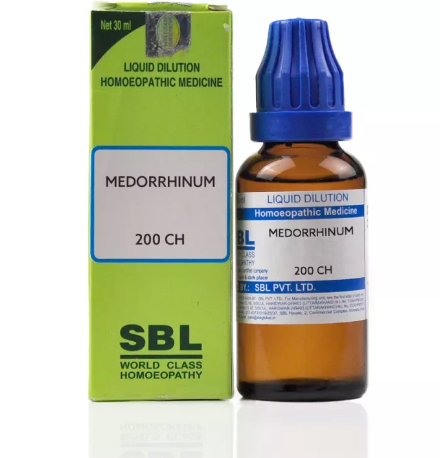
Medicine images use for reference only selection of homeopathic medicine depends on the individual’s specific symptoms and overall constitution. Moreover, homeopathy is a holistic system of medicine that treats the individual as a whole. In addition to addressing the physical symptoms, it takes into account the emotional and mental state of the person. Consequently, it’s crucial to consult with a qualified homeopathic practitioner for personalized treatment.
The information provided on this website is intended solely for educational purposes. Always seek the advice of your physician or other qualified health provider.

Pingback: Homeopathic Medicine for Kidney Stone - HOMOEO HEALING